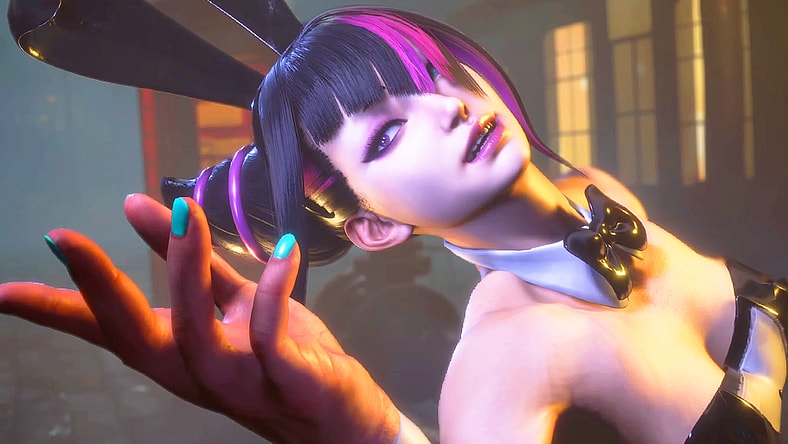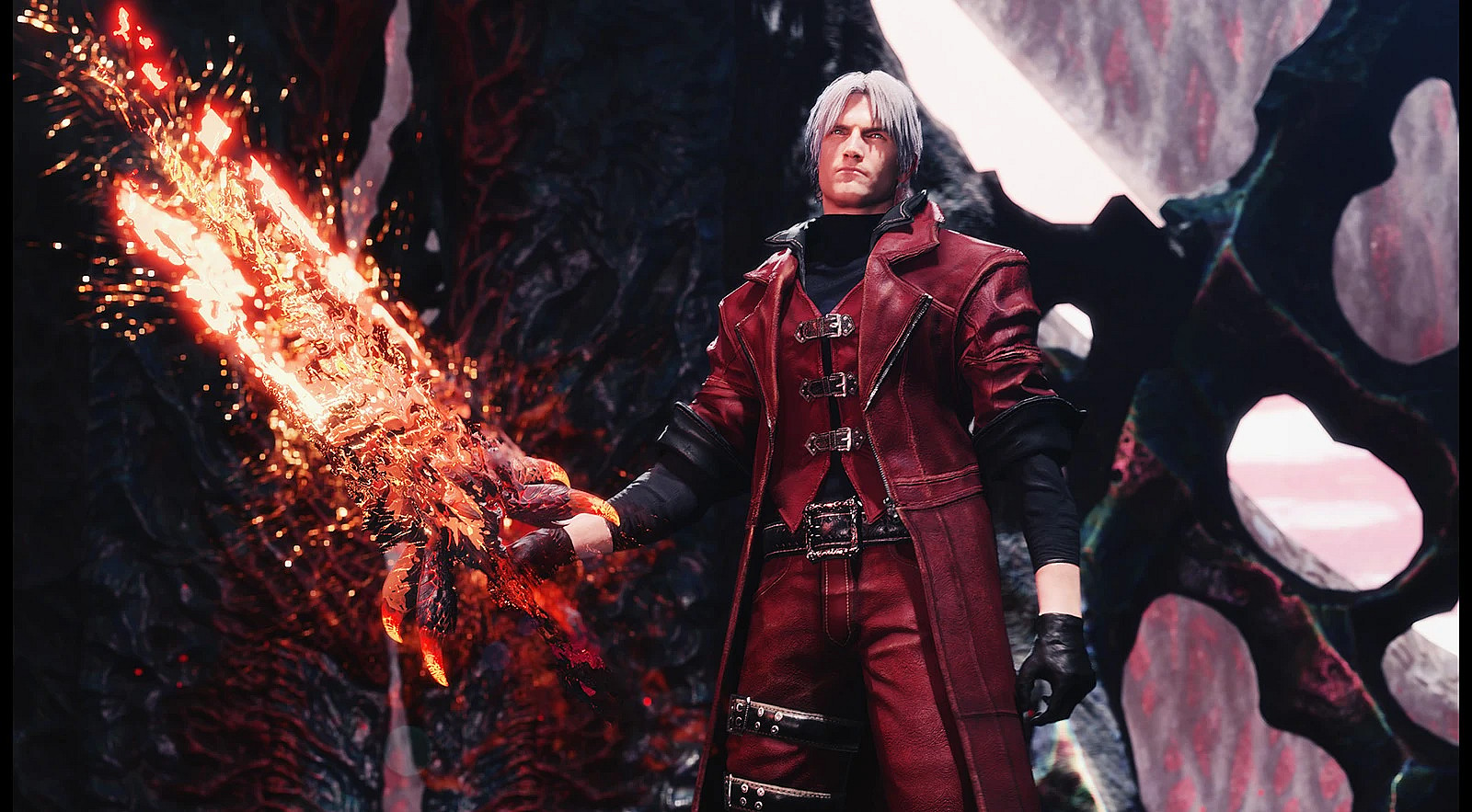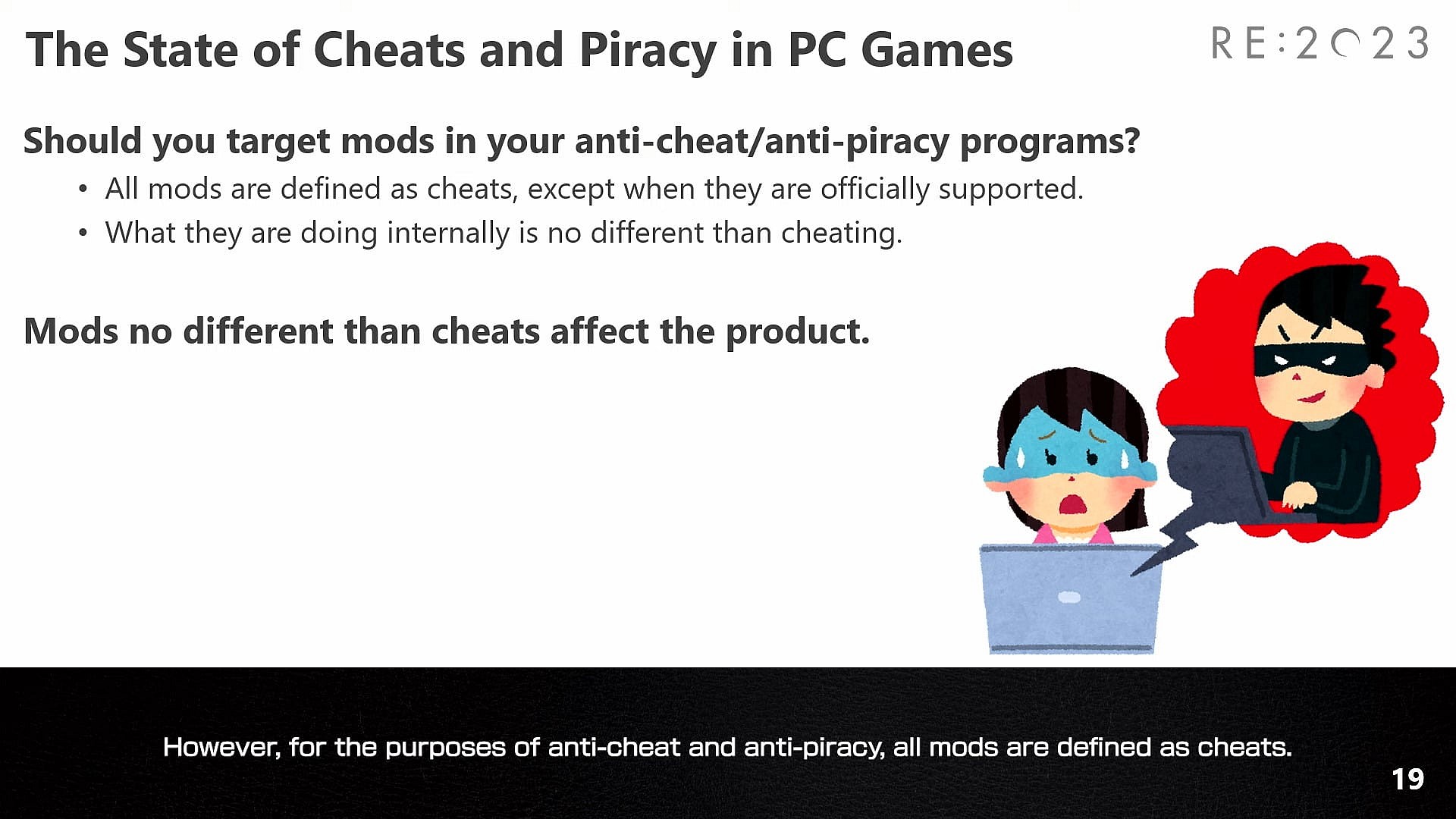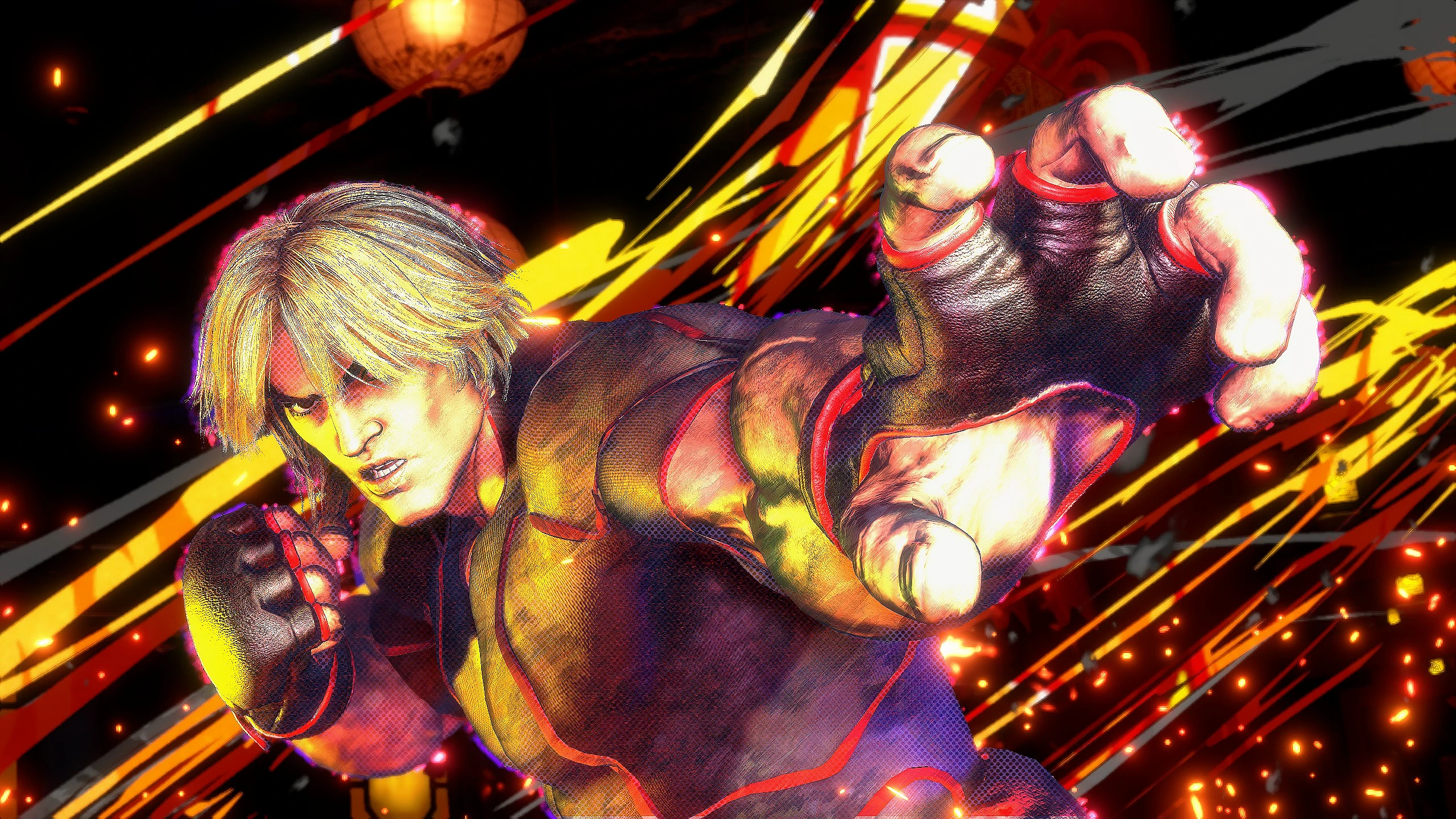Capcom Takes Aim At PC Game Modding, Says Developers Should Be Concerned Over “Mods That Are Offensive To Public Order and Morals”

In a move that’s both concerning and unsurprising given the ongoing rise in anti-consumer rhetoric across nearly every industry, Capcom has officially declared their opposition to the concept of PC game modding.

The Mega Man developer made clear their stance on the topic during their recent Capcom Open Conference Professional RE:2023, an industry-centric conference whereat attendees are provided by Capcom themselves with an “in-depth look at the latest advances in RE ENGINE, which is further evolving to meet the challenges of various game genres such as RE:4, STREET FIGHTER 6, EXOPRIMAL, and GHOST TRICK, as well as being able to support new platforms.”
Hosting a panel on the topic of “Anti-Cheat and Anti-Piracy Measures in PC Games Recommendations for In-House Production”, Capcom programmer Taro Yahagi raised the alarm over the fact that “PC games give a high degree of freedom, but they are also free to be tampered with!”
[Time Stamp: 14:35]
Unfortunately, while their anti-tampering efforts may have had a better chance of garnering widespread support had they kept them trained solely on thieves and multiplayer cheaters, Capcom’s cause was self-torpedoed by Yahagi’s declaration, in the company’s eyes, “all mods are defined as cheats, except when they are officially supported. What [modders] are doing internally is no different than cheating.”
“Mods are popular with users because they allow them to add or change various features to an existing game,” explained the programmer. “However, for the purposes of anti-cheat and anti-piracy, all mods are defined as cheats. That is to say that mods that are not officially supported by the game, are impossible to distinguish from cheat tools, implementation-wise.”

RELATED: Capcom Heavily Censors Dialogue In ‘Resident Evil 4 VR’
“The majority of mods can have a positive impact on the game,” he continued, “Some mods, however, can be detrimental to the company. Both in terms of reputational damage and in terms of workload.”
To this end, the Capcom employee then declared, “There are a number of mods that are offensive to public order and morals. When these are disseminated, the image of the product is tarnished and branding is affected. Also, these offensive mods may be mistaken for legitimate implementations, and can cause reputational damage.”

“Some malicious mods can also destroy the game by cheating,” Yahagi added. “In the worst case, they can cause freezes and corrupt save data. If you have a mod that destroys your data and you contact our customer support, they will have a difficult time investigating the issue and will spend a lot of time working on it. As the customer support load increases, it will eventually circle back around and affect development costs.”
“If the development costs are affected, the quality of the game will decline,” he then concluded of his specific discussion on mods. “This will lead to a drop in sales and loss of revenue, as well as disappointment among users. This is not a situation anyone wants to be in. In other words, anti-cheat and anti-piracy measures are very important to protect the company’s future profits and reputation.”

Having said his piece on the company’s outlook on modding, Yahagi then proceeded to spend the rest of his time on stage discussing the more technical and organizational aspects of implementing – and more notably improving – various software security measures, particularly those pertaining to the RE Engine itself.Notably, though Yahagi did not explicitly note any efforts being taken against non-malicious modders, his presentation did ultimately conclude with a call for developers to remain dilgient an “ever-evolving” legion of vaguely defined cheaters and pirates.

NEXT: Capcom Begins Cracking Down On “Inappropriate or Objectionable” Fan Content
